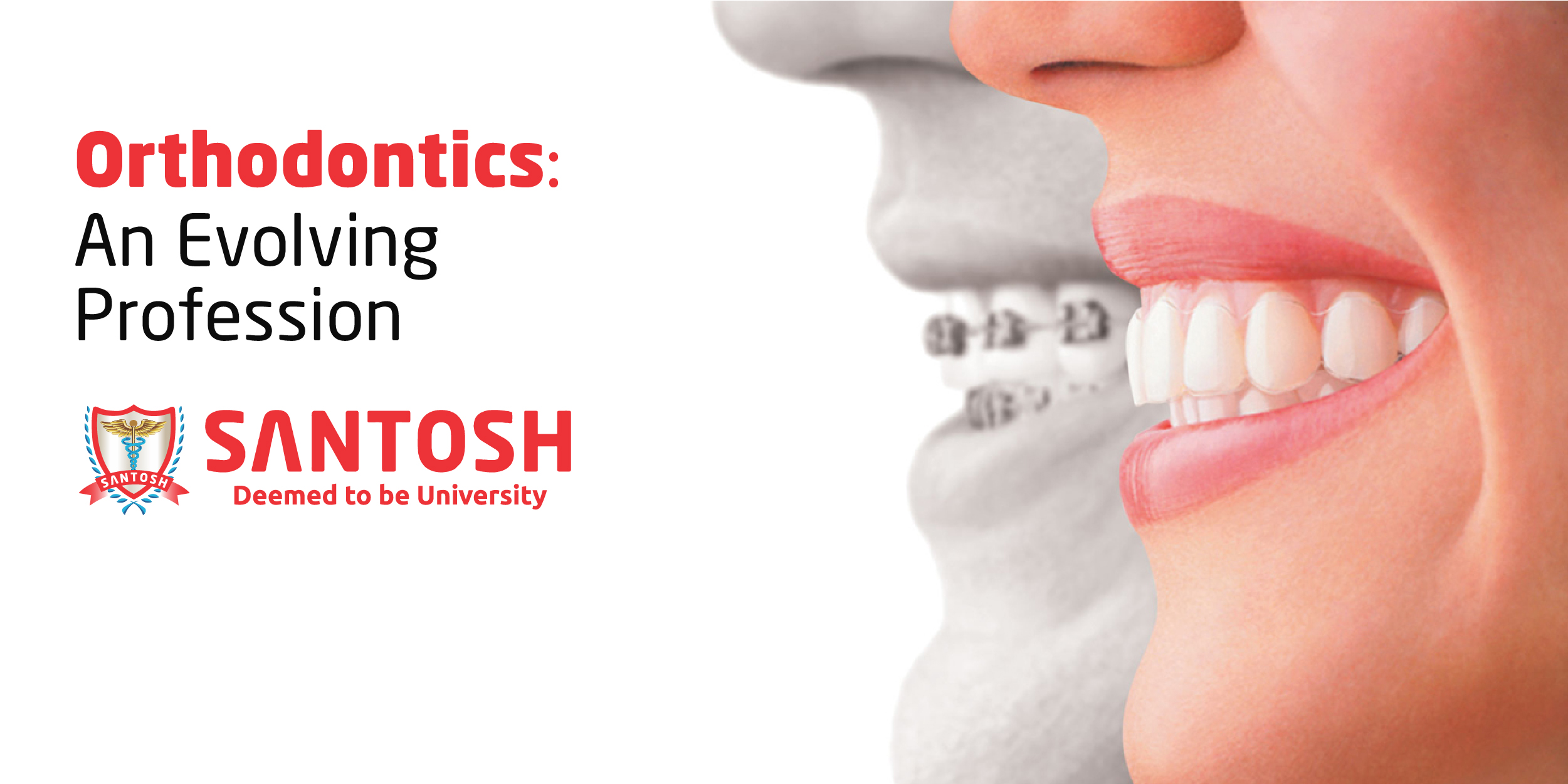
Research has brought many new technologies and techniques to the practice of orthodontics that has benefited millions of orthodontists over the last 10 years.
Since the days of chunky metal braces, bands, and headgears orthodontic treatment has come a long way. Today, patients can get on with their lives without embarrassment or discomfort with the contemporary orthodontic treatments as they are designed to be as unobtrusive and comfortable as possible.
Modern orthodontic treatment options now include clear braces, lingual (inside) braces and clear aligners (for example Invisalign / Clear aligners) along with braces which are still an extremely effective way of straightening teeth and achieving a great smile.
Orthodontists are responsible for enabling the general population to feel good about their smiles. In addition to the psychological benefits such as improved self-confidence, orthodontic treatment also provides many physical benefits which include a beautiful smile through the correction of the following:
1.Bad bites that can damage teeth and gum
2.Protruding or misaligned teeth
3.Gaps in the teeth
4.Crooked and overcrowded teeth
5.Misaligned jaws (which can affect your facial profile)
6.Speech, breathing or chewing difficulties
A beautiful, straight smile also helps exude confidence and reduce stress along with making the teeth are easier to clean and gums are healthier. A confident smile can change your life – and no one understands this more than a specialist orthodontist.
So, what is an orthodontist?
For more than 2000 years history of orthodontics has been intimately linked with the history of dentistry, which explains that why there is some confusion around the difference between dentists and orthodontists, and also there is a common misconception that they offer the same services.
Orthodontists are dental specialists. They specialize in the prevention, diagnosis, and treatment of dental and facial irregularities to correctly straighten teeth.
Orthodontists and dentists share many similarities as they both work together to help you in improving your overall oral health – but in reality, they actually work in very different ways.
A broad range of oral health issues is covered by dentists. Orthodontics is a specialization within dentistry on the other hand and it focuses on issues which include the straightening of teeth and also correcting the improper bite patterns.
Did you know that on top of their general dental degree orthodontists complete an additional three years of university training? Here are a few key differences between orthodontists and dentists which are important to be aware of:
Dentists
1.A general dentist is similar to your family GP medical doctor as they are skilled general practitioners. They can diagnose and treat problems and common diseases that affect your teeth, mouth, and also gums.
2.A general dental degree is completed by the dentists.
3.They are the ones who are experts in general dental care and maintenance for all age groups.
4.The dentists are not trained at university in putting on braces and performing other orthodontic treatments unlike orthodontists and most general dentists will refer patients requiring orthodontic treatment to specialist orthodontists.
Orthodontists
1.Orthodontists are registered dental specialists who hold a General Dental Degree + Specialist Orthodontic Degree that means they have completed an additional three years of full-time University training in orthodontics, facial growth, and development, biology, and biomechanics.
2.They are facial growth and dental development experts who diagnose and treat crooked teeth, bad bites, and also poorly aligned jaws.
3.They are also experts in all orthodontic treatment options and technologies which are all for children, teens, and adults.
With over half of the population (55%) feeling self-conscious about their teeth, and almost two thirds (62%) wanting to do something to fix their crooked smiles, it’s important that folks are given all the information they need in order to make educated treatment choices.
Thinking of becoming a specialist orthodontist?
To become an orthodontist in INDIA: A person who wants to practice as an Orthodontist must have a Masters in Dental Surgery -MDS (Orthodontics) which is of three years duration. The pre-requisite for pursuing MDS is a graduate degree in Dental surgery (BDS) from an institute recognized by the Dental Council of India.